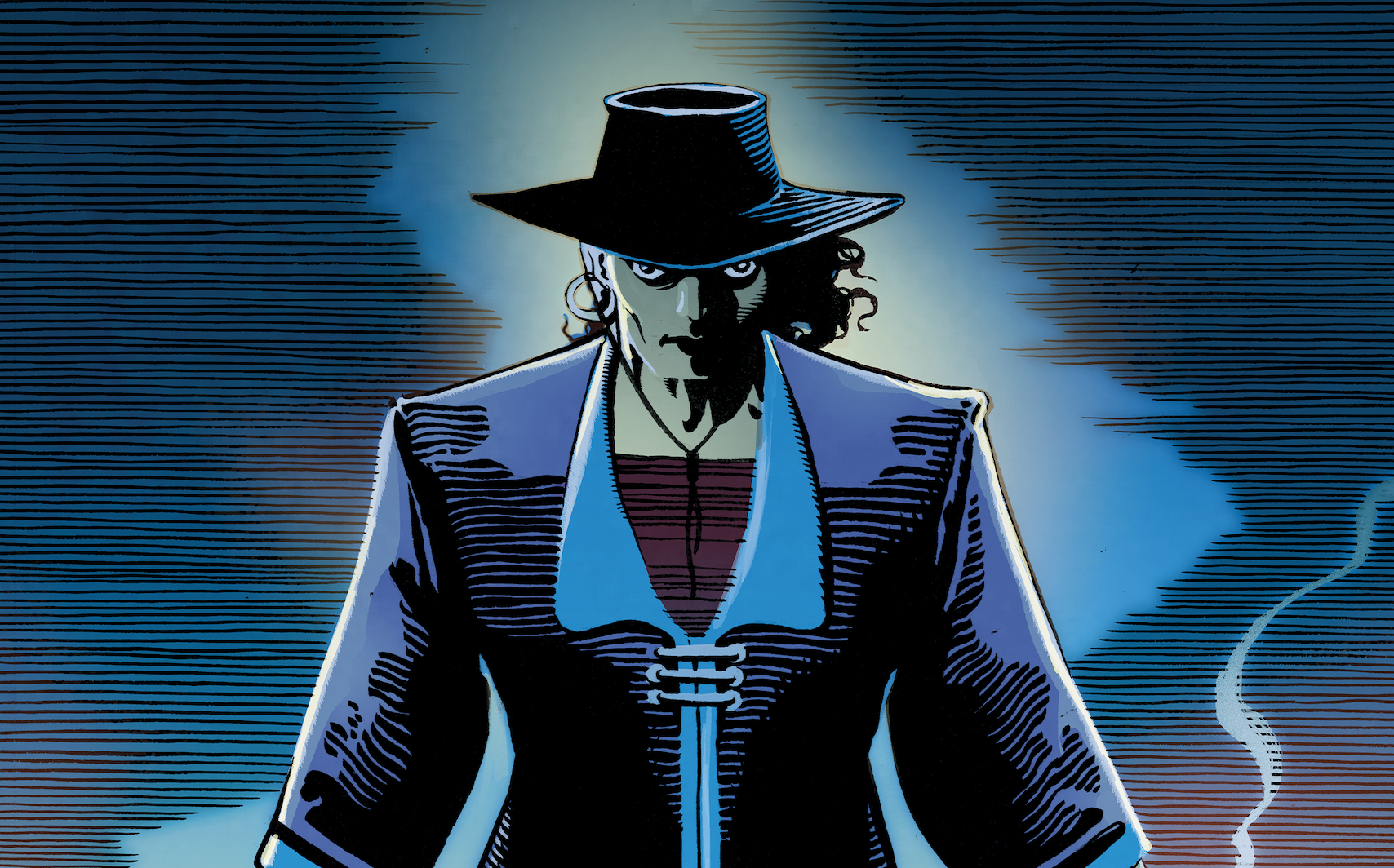
By now there are many of us aware of how powerful the video game world is, and how gamers have diversified incredibly over the past few years. No longer is it an exclusive “boys club” as many of the Gamergate faction would have you think. In fact research now suggests women make up almost half of all gamers worldwide, and in a key demographic they actually surpass the number of men (over 18’s). Female game developers and designers are are also on the rise, which will have the most impact on the types of characters and story lines that will emerge in existing and future games.
Youtuber Anita Sarkeesian has become very outspoken on the way female characters are portrayed and included in various games in her series Feminist Frequency, saying they are overly sexualized, used only as background, or non-essential to the objective of a game, which made her one of the targets of the Gamergate saga. She was doxxed (her private details publicly released online by hackers) and even had to cancel a speech at at University in Utah after an anonymous boy threatened a mass shooting if she went ahead with her talk.
From that whole scandal, coupled with the growing problem of women disproportionately being the targets of online harassment, it seems there has been a massive uprooting of the online and gaming worlds, which we hope can only will end up being a good thing. As the tides continue to change, so will the representations of women withing the gaming industry as well as the characters in games.
Perhaps there is a need to examine the change from a more academic level in order to fully understand why the gaming world is so important to many people and how it can be used as a source of empowerment for all genders. At least that is what one University Professor is trying to do. Dr. Sarah Zaidan, a Visual and Media Arts associate professor who currently teaches several video game design classes at Emerson College in Boston, earned a PhD in Superhero Art from Kingston University in London (how is Superhero Art not a regular undergrad course offered everywhere?!?), she is a game designer, artist and researcher and uses her work to examine how video games and characters represent ideals of masculinity and femininity.

For her PhD, she studied the history of male superhero characters dating back to 1940, the correlation between these fictional representations and how they impact and influence men in the real world. Her research was title ‘The Adventures of Meta Man: The Superhero As A Representation Of Western Masculinity (1940-2010)’.
“In combining the platform of digital media with the artistic styles and narrative themes of the superhero genre of comic books, the project explores the subjects of heroes and masculinity and has the potential to help its target audience to understand that the definition of masculinity is always in a state of flux. As evidenced by the historical texts, studies of visual culture, gender, and media representations of heroes and men that were referenced to develop the software, different types of men, ranging from the civil rights activist of the 1960s to the macho action movie star of the 1990s and significant representations of masculinity between these decades have been regarded as hero figures at different points in time,” said a description of her thesis.
“The concept of masculinity is fluid and reliant upon a variety of factors such as current events, cultural trends, politics, economics and popular culture and this is reflected in the evolution of the superhero in Western mass media. The MetaMan project showcases the impact that heroes and role models have and the way that art can echo culture and society.”
With this in mind, she has now decided to design a video game to explore how this concept affects women. ‘The Adventures of Ms. Meta’ is still a work in progress but it intends to address the stereotypes of female superheroes and starts with exploring how the gender’s body types are depicted. Her project brings together science, art and digital gaming worlds in its attempt to break down barriers.
Given the current presence and influence of superheroes in movies, TV shows, comic books and gaming, and the increased focus on the demand to include more equal female representations, it is a timely project, one that we can’t wait to see come to fruition. The excitement around the forthcoming Wonder Woman movie, the recent release of the CBS ‘Supergirl’ series, Netflix’s ‘Jessica Jones’ series, as well as the representation of heroic females in films such as ‘The Hunger Games‘ and ‘Divergent’ franchises, the exploration of what constitutes a female superhero and how everyday culture influences our ideas of her is an interesting an important concept.

The plot of the Ms. Meta game follows the title character who is sent back in time to the 1940s and is on a mission to defeat her arch nemesis, who is trying to change the course of history by bringing modern technology to the age of World War II. The game is broken up into decades, where every segment has 10 missions, one for each year. The way Ms. Meta will defeat her enemy is by ensuring the villain does not use technology to change history by bringing it back in time with him.
“As she journeys through time to stop her nemesis’ plans, she will encounter characters drawn from the stories of women and fans from each era, opportunities to challenge preconceived notions of female superheroes, and the ability to change the course of history. The gameplay will be grounded in problem-solving and collaboration, and will incorporate player choices to create ownership and personal relevance,” says a description of the forthcoming game on MIT’s Comparative Media Studies website.
Each player will have a chance to customize their own Ms. Meta the way they want, and can choose whether the character will fight using physical strength or intellect and negotiation skills.
“I looked a lot into player customization for her character. I was thinking about that sense of ownership, [the player] had a hand in creating a character. I want people to create a Ms. Meta as the superhero they want to play as,” she told the Berkeley Beacon.

Each decade is going to be accurately represented by plenty of research done by Professor Zaidan, who wants to use specific cultural norms of the time to challenge players to think about the world as well as enjoy the game. She will be including stories about women from each time period that are not necessarily common knowledge but will enable players, especially women, to have a different perspective of women through the ages.
“These people have lives and had ambitions and dreams and no one knows about them. I want the player to be aware the 40s was not just a sea of white faces, and that many different people attributed to its history,” she said.
Sarah’s intent, along with creating a game that depicts underrepresented people, it to also create a game that becomes educational. It should be noted that aside from creating and designing the video game we are looking forward to most in the future, Sarah is also one of the creators of a feminist comic book series called ‘My So-Called Secret Identity‘ which was launched in Feb 2013 after a successful Kickstarter funding campaign. It follows the story of Catherine Abigail Daniels, a normal (but incredibly intelligent) young woman in a city of superheroes.
My So Called Secret Identity has been hailed by many as the type of comic featuring strong, diverse and complex female characters that fans want to see more of, and which challenges the existing portrayals of women in the medium. Clearly this is something important to Sarah Zaidan and we sure are excited that her research is now going to infiltrate the video game world along with all the other developers and designers looking to cater to the diverse audience of gamers today.
We will keep you posted on when the Ms. Meta game is ready to be released and where you can purchase a copy. In the meantime we will continue to share news about the projects that will hopefully inspire a generation of girls in a more empowered direction.

















